Find, Compare & Choose Your Perfect Credit Card in India
Travel Rewards
Shopping Deals
Zero Annual Fees
Premium Perks
Filter Cards by Primary Benefit
Explore Credit Cards by Bank
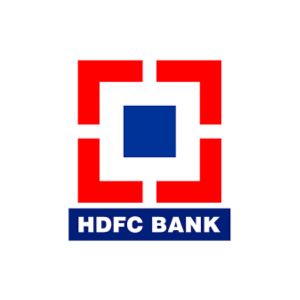
HDFC Bank
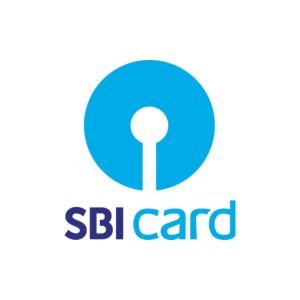
SBI Card
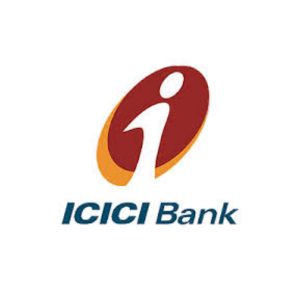
ICICI Bank
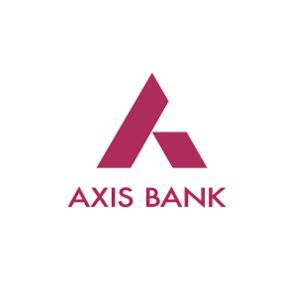
Axis Bank

American Express
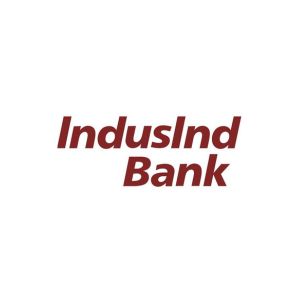
IndusInd Bank
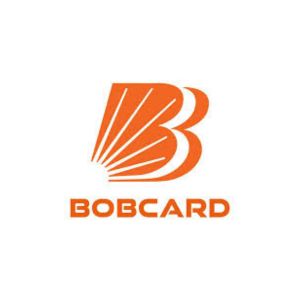
Bank of Baroda
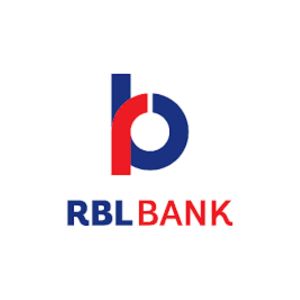
RBL Bank
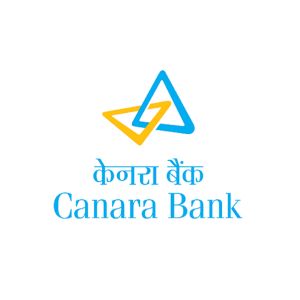
Canara Bank

Punjab National Bank
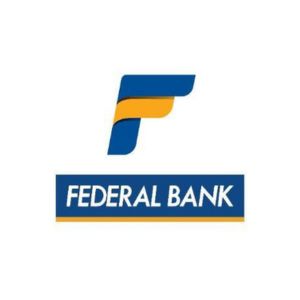
Federal Bank

AU Small Finance Bank
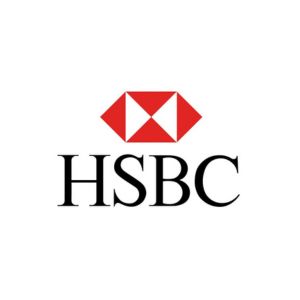
HSBC Bank

Standard Chartered

Yes Bank
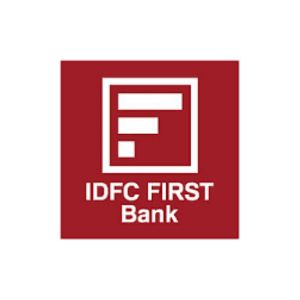
IDFC FIRST Bank
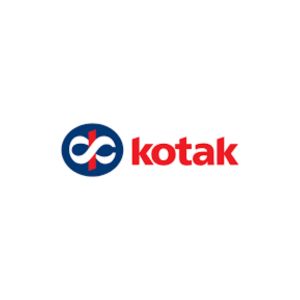
Kotak Mahindra Bank
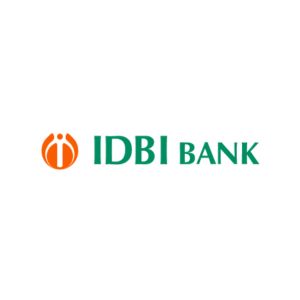
IDBI Bank
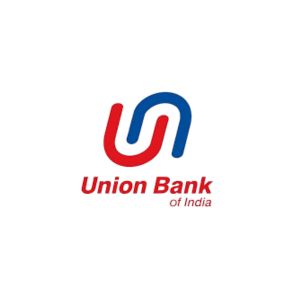
Union Bank of India
Popular Card Categories
Travel Cards
Miles, lounge access, flight & hotel benefits.
Cashback Cards
Get cash back on spending. Simple & effective.
Rewards Cards
Earn points redeemable for vouchers, items, travel.
Fuel Cards
Save on fuel with waivers & rewards.
Lifetime Free
Enjoy benefits with no annual fees ever.
Premium Cards
Exclusive perks, high rewards, luxury benefits.
0% Markup Cards
Save big on international spends with no forex fees.
RuPay Cards
Leverage the domestic network with unique offers.
How to Choose Your Ideal Card
- Spending Style: Where do you spend most? Travel, online, fuel, groceries? Match rewards.
- Benefit Priority: What matters most? Miles, cashback, points, lounge access, low fees?
- Fee vs. Value: Do high-value rewards justify an annual fee? Or is Lifetime Free better?
- Eligibility Check: Review income, age, and credit score needs for your chosen cards.
- Interest Awareness: Understand the APR if you might carry a balance. Aim to pay in full.
- Read Details: Check reward rules, all fees, and welcome offer conditions before applying.
Understanding Eligibility Factors
Banks consider these common factors for card approval (requirements vary):
- Age: Usually 18-70 years.
- Income: Minimum income required (differs for salaried/self-employed).
- Credit Score: Good score (e.g., CIBIL 700+) needed, especially for premium cards.
- Employment: Stable job or verifiable business history.
- Residency: Indian resident in a serviceable location.
Credit Card Glossary
Annual Fee
A yearly fee charged by some banks for using the credit card. Often higher for cards with more benefits.
APR (Annual Percentage Rate)
The yearly interest rate charged on outstanding balances if you don't pay your bill in full by the due date.
Billing Cycle
The period (usually about 30 days) between credit card statements. Transactions made during this cycle appear on the next statement.
Credit Limit
The maximum amount of money you can borrow on your credit card at any given time.
Credit Score
A three-digit number (like CIBIL score) that reflects your creditworthiness based on your repayment history. A higher score improves loan and card approval chances.
Forex Markup Fee
A fee charged by banks (as a percentage) on transactions made in a foreign currency. Look for cards with 0% or low markup.
Minimum Amount Due
The smallest amount you must pay by the due date to avoid late fees. Paying only the minimum incurs high interest charges on the remaining balance.
Reward Points
Points earned for spending on the card, which can be redeemed for flights, merchandise, vouchers, or statement credit.
RuPay
India's domestic card payment network, often featuring unique offers, UPI integration, and lower transaction costs.
Frequently Asked Questions
What happens if I only pay the Minimum Amount Due?
You avoid late fees, but high interest (APR) is charged on the remaining unpaid balance from the transaction date. This can quickly lead to significant debt. Always aim to pay the full statement balance if possible.
How can I improve my Credit Score?
Pay all bills on time, every time. Keep credit utilization low (use less than 30% of your limit). Avoid applying for too much credit at once. Check your credit report regularly for errors.
Cashback vs. Reward Points: Which is better?
It depends on your preference. Cashback offers straightforward savings. Reward points can potentially offer higher value if redeemed strategically (e.g., for travel, specific partners, or during promotional offers), but require more effort to track and redeem effectively.
Can I get a credit card if I am self-employed?
Yes. Provide proof of business, Income Tax Returns (ITRs), and bank statements to show income and stability.
What exactly is a credit card?
It's a payment card enabling purchases on credit, based on your agreement to repay the issuer later, potentially with interest.
What is an annual fee?
A yearly charge for using the card and its benefits. Some cards are 'Lifetime Free' (LTF).
What does '0% Forex Markup' mean?
No extra fee is charged by the bank on international transactions, saving you the typical 2-3.5% markup.
